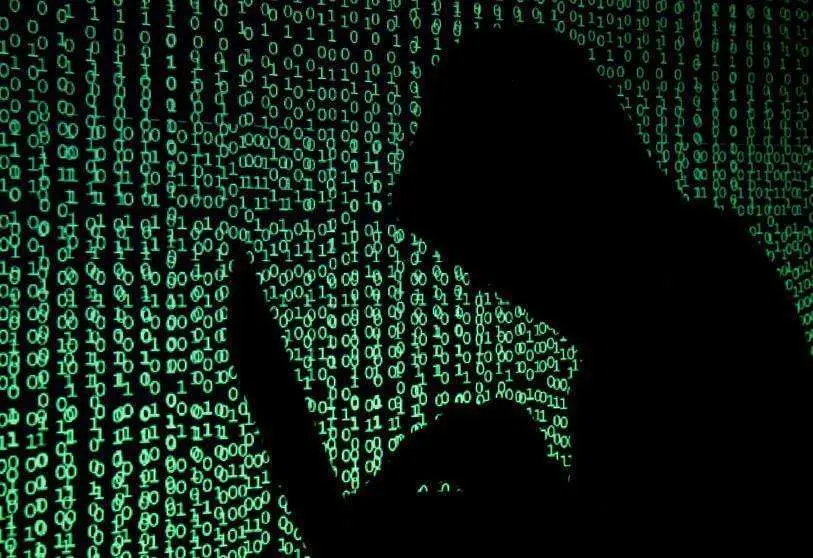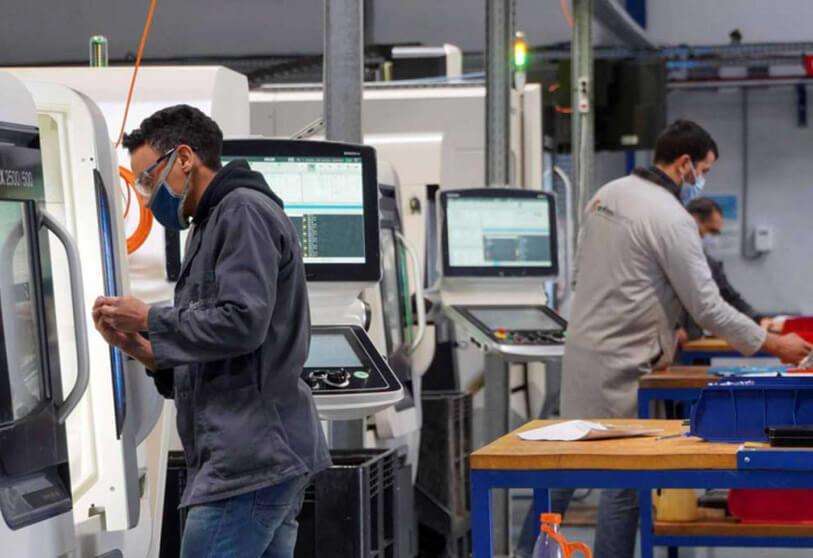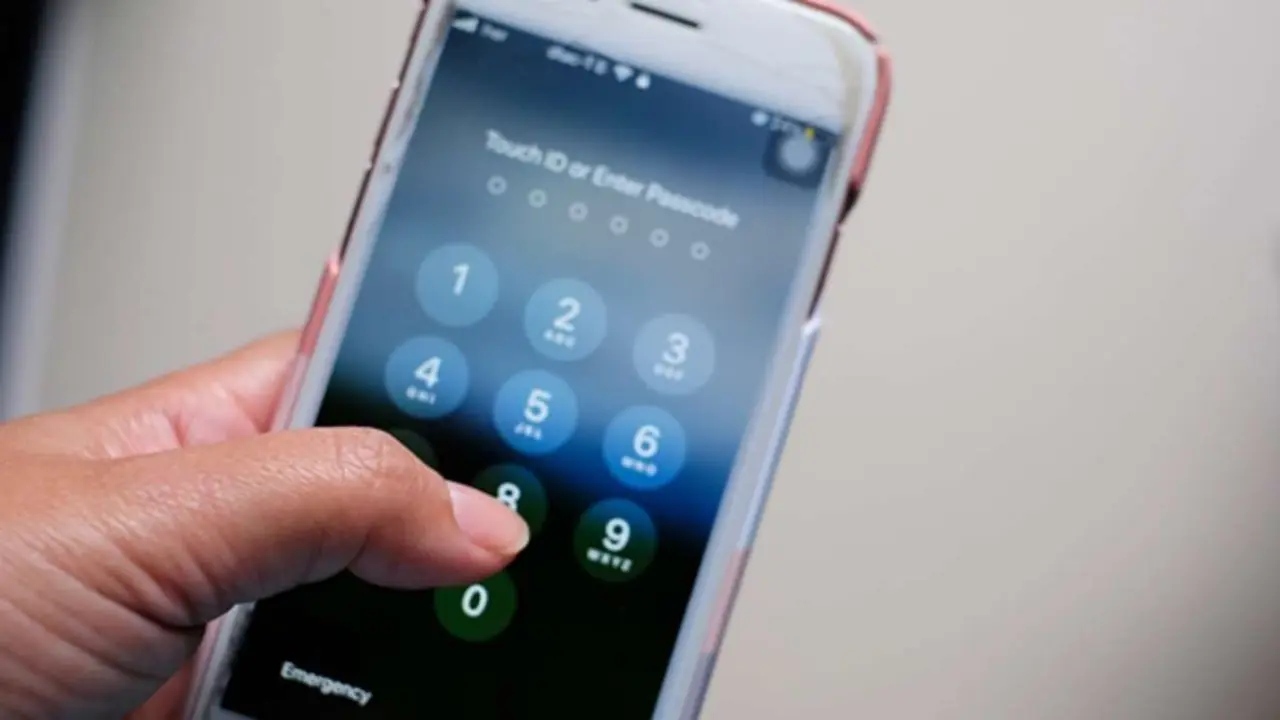Morocco's financial institutions are victims of cybercrime

Cybercrime has become a multi-billion dollar business for criminals. Increasingly, governments, companies, hospitals or a bank's own customers are falling victim to cyber-attacks. Digital malefactors engage in activities that include exploiting weak passwords, masking their identity through proxy servers, stealing confidential information from companies and governments or ransomware, i.e. hijacking your data and then asking you for money to stop it from being disseminated. This last type of crime, according to Interpol's African Cyberthreat report, is on the rise across Africa, with Morocco being the second most targeted country on the continent with 8 % of cyber-attacks detected last year, behind South Africa (42 %).
One of the most common cybercrimes is phishing, which accounts for 23% of attacks on financial institutions. Phishing involves hacking into a bank's system, sending a message to customers and inviting them to complete or update their personal details via a link. Trojans can be installed manually or remotely via e-mails containing malicious links or attachments. Once installed, banking Trojans collect personal information from an infected computer and communicate this data theft over the Internet to a remote server controlled by the attacker. Cybercriminals can use the information obtained to steal money directly from the victim, or sell the information on underground markets. Criminals use the data entered to siphon funds from bank accounts or resell their data online. Due to the rise of cryptocurrencies and the difficulty of knowing the person behind the cryptocurrency account, more and more criminals are asking for these ransoms to be paid in cryptocurrencies.

As Trend Micro detections reveal, Morocco is the most affected African country, with 18,827 detections. This practice accounts for 90% of the hacking methods used worldwide and has increased significantly in Africa due to the rapid adoption and use of digital technology particularly in the financial sector and e-commerce. This growth is due to increased access to the internet and the fact that more and more people are using online services and applications, making them increasingly vulnerable to phishing. According to the report, people in financial trouble are often more likely to accept offers from scammers in the belief that they offer a way out of financial difficulties. This is why information about this type of crime and prevention is needed at all levels.
On the other hand, data from the cyber security company Kaspersky states that between January and July 2022, 15,769,298 cases of phishing were detected in Africa. Although Morocco was included in the top 50 countries with the best cybersecurity according to a study by the Global Security Index, Moroccan citizens are particularly vulnerable to banking Trojans, as evidenced by the high levels of malware detected in the country.

For financial institutions and citizens, this poses a great danger as it can cause millions of dollars in losses for banks and generate instability and mistrust among the population and investors. According to Interpol, with respect to law enforcement agencies in Africa, a joint operational framework is needed to curb cybercrime. Furthermore, as the nature of these crimes evolves due to new technologies, countries in the African region are advised to continue to review cybercrime legislation and keep it up to date with the latest technological developments.








